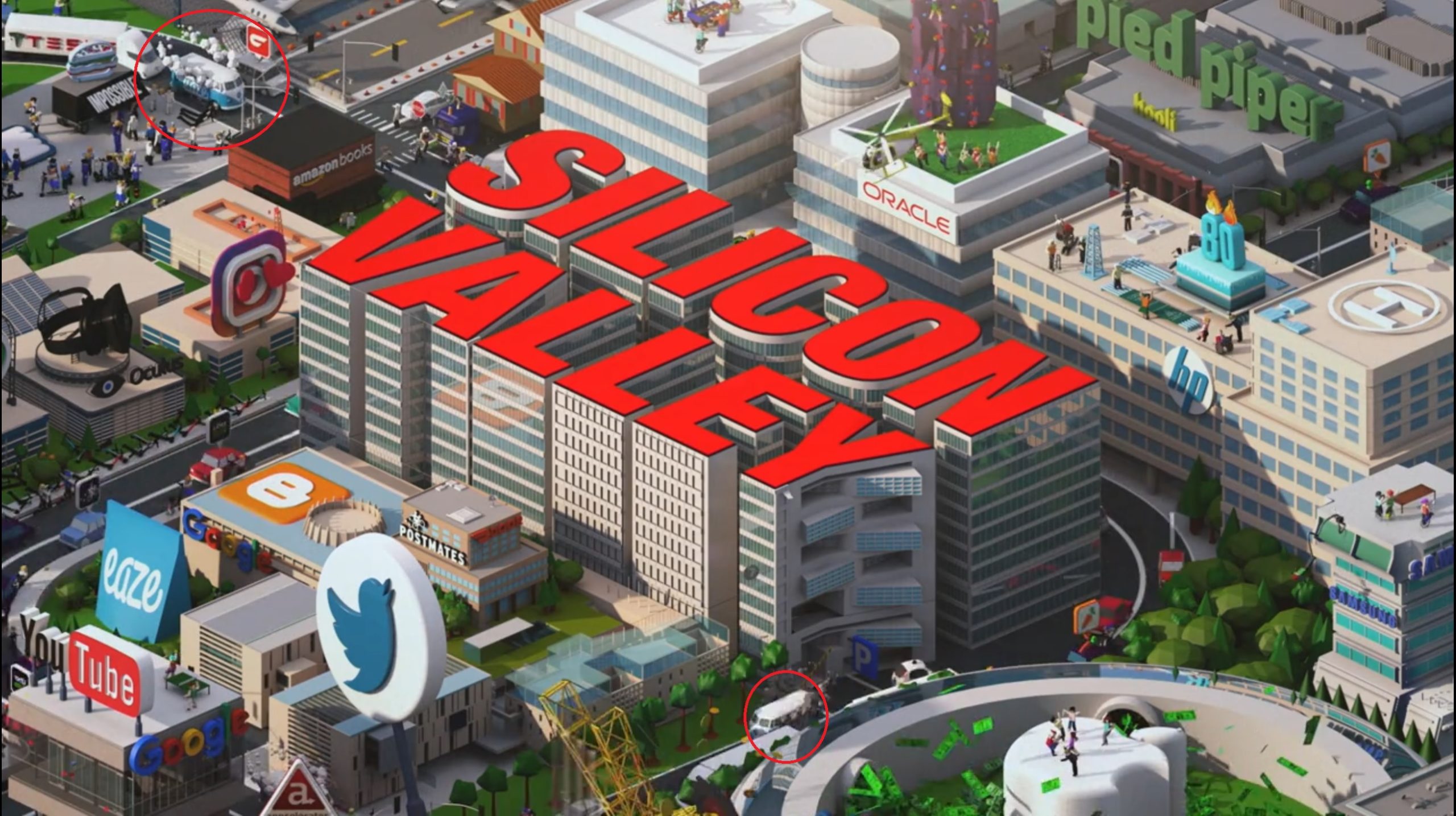Decentralizing out silicon valley

The tech industry has long been centered around Silicon Valley, with companies like Google, Apple, and Facebook dominating the scene. However, in recent years, there has been a growing movement to decentralize the industry and spread innovation and talent across the country. This shift is driven by a desire to create more diverse and inclusive tech communities, as well as to address issues like rising costs of living and traffic congestion in Decentralizing out silicon valley.
The Benefits of Decentralization
One of the main benefits of decentralizing the tech industry is that it allows for greater diversity and inclusivity. By spreading innovation and talent across the country, more people from different backgrounds and regions can participate in the industry. This can lead to new perspectives and ideas that may not have been considered in a more homogenous environment. Another benefit is that it can help address issues like rising costs of living and traffic congestion in Silicon Valley. By spreading out tech companies and talent, other regions can benefit from the economic growth and job opportunities that come with the industry. This can also help reduce the strain on infrastructure in Silicon Valley, which has struggled to keep up with the rapid growth of the tech industry.
The Challenges of Decentralization
While there are many benefits to decentralizing the tech industry, there are also challenges that must be addressed. One of the biggest challenges is creating a supportive ecosystem for startups and entrepreneurs outside of Silicon Valley. This includes access to funding, mentorship, and networking opportunities that are often concentrated in Silicon Valley. Another challenge is attracting top talent to regions outside of Silicon Valley. Many young professionals are drawn to the area for its vibrant tech scene and high-paying jobs. To compete, other regions will need to offer similar opportunities and incentives to attract and retain talent.
The Future of Tech
Despite these challenges, the movement to decentralize the tech industry is gaining momentum. Cities like Austin, Denver, and Seattle are emerging as new tech hubs, attracting startups and established companies alike. As the industry continues to evolve, it is likely that we will see more decentralization and a shift away from the dominance of Silicon Valley.
Conclusion
Decentralizing the tech industry is a complex process that requires addressing a range of challenges. However, the benefits of creating more diverse and inclusive tech communities, as well as addressing issues like rising costs of living and traffic congestion, make it a worthwhile endeavor. As other regions emerge as new tech hubs, we may see a more distributed and collaborative tech industry that benefits everyone.




